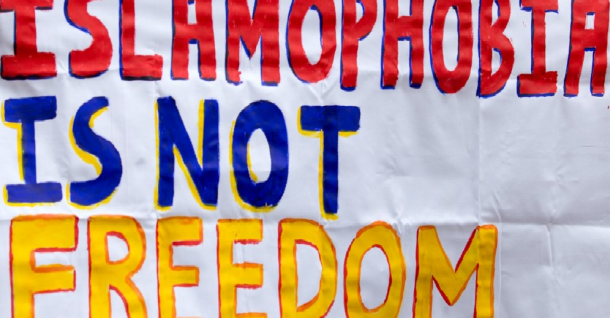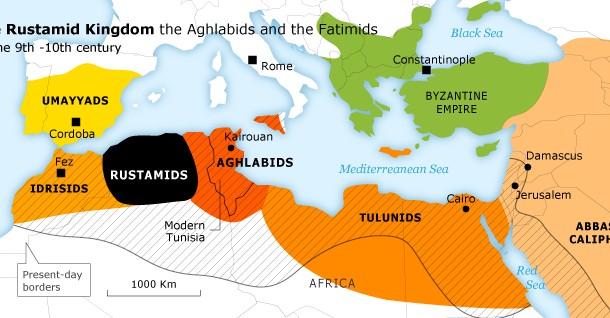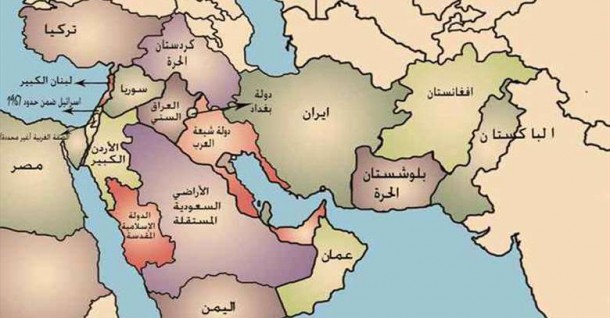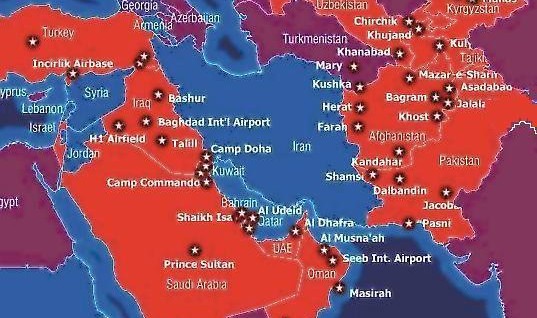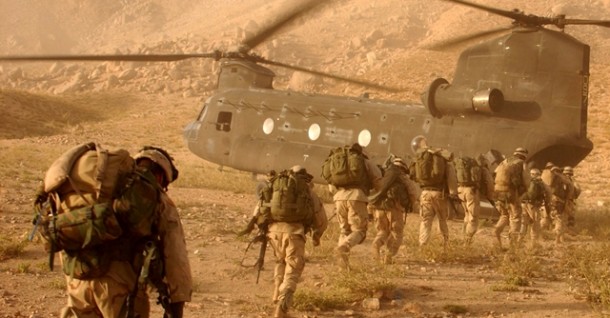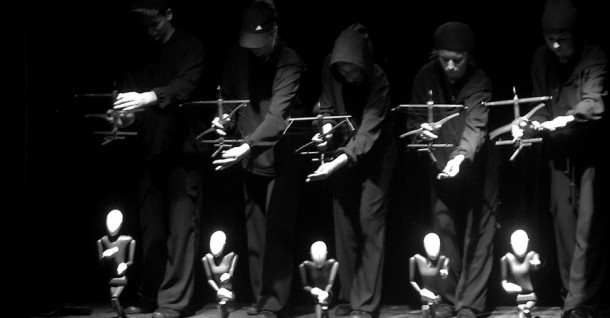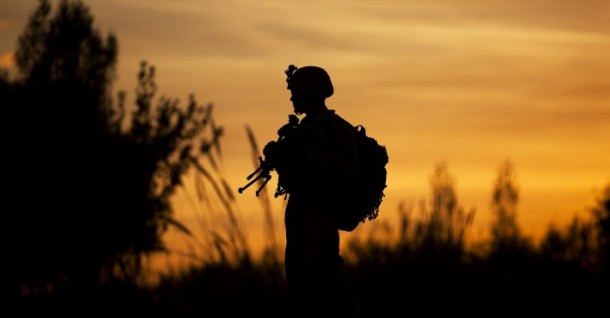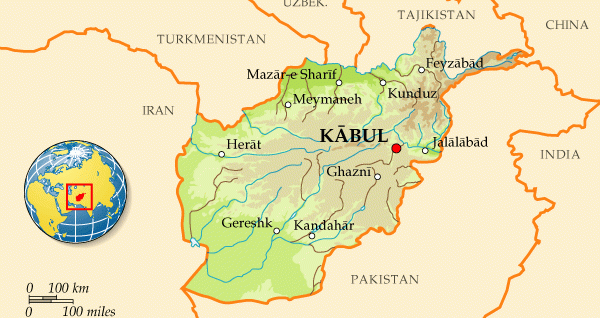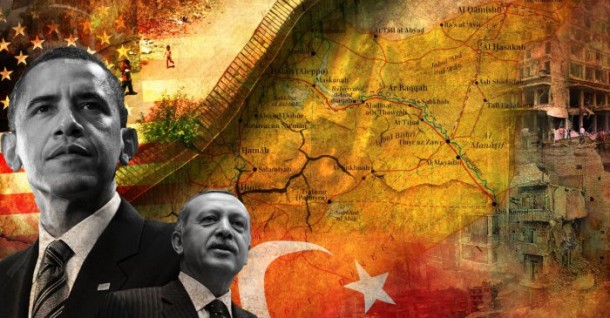It is quite obvious that there are forces in the world who do not want to see an end to the conflicts in the Middle East. And the violent attacks in Syria and Turkey have once again confirmed this truth.
It is true that these terrorist attacks were carried out by militants. But these attacks hit so hard and possessed such deep strategic symbolism that it is completely implausible to think they were organized by simple extremist underground fighters.
The explosions in Homs and Damascus occurred at the very moment when the leaders of the USA and Russia had already practically agreed on a ceasefire in Syria. We saw the exact same situation just before the Geneva negotiations: then, too, terrorists carried out their attacks in Syrian cities in an attempt to disrupt peace.
The other attack in Ankara also looks extremely suspicious. For example, representatives of the Kurdistan Workers’ Party (PKK) and the Syrian Kurds denied any involvement in the explosion in Turkey’s capital. Usually, they do not conceal their involvement in attacks on Turkish soldiers, especially as the terrorists’ goals in Ankara were of a specifically military nature.
Later, responsibility for the crime was claimed by a group calling itself the TAK. Its full name is the “Kurdistan Freedom Hawks”. For a time it was actually a branch of the Kurdistan Workers Party, but then it split from it, considering the PKK to be “too moderate”.
Why would fighters from this organization carry out attacks near the Turkish General Staff at a time when Ankara’s nerves were already shot to pieces? Perhaps they wanted to provoke the Turkish authorities to undertake a ground invasion? But for the Kurds in Syria that would hardly be very advantageous.
But for those forces who need another theatre of war, the benefits would actually be rather numerous…
***
So who could be behind these provocations? Who is capable of mobilizing different radical groups to carry out attacks in Syria as well as Turkey? Perhaps someone who feels so strong and independent that they are bold enough not to even listen to the official leadership of their own country?
After all, this is precisely what happened, for example, with the recent airstrikes in Libya: the White House had just announced its rejection of the Pentagon’s plans to carry out strikes on this North African country, and then the following day American planes engaged in aerial bombardment throughout the country. (Incidentally, this was the US’s first aerial attack on Libyan territory since the toppling of Muammar Qaddafi).
In line with this, one might also point to several interesting facts which were mentioned earlier and which in fact fit into the picture being painted here. For example, there is the fact that back in 2014 analysts from the US Defense Ministry presented some information about ISIS, in which they deliberately concealed the real strength of this terrorist group. A serious scandal erupted in the US about this: there was even a special investigation. It turned out that this unreliable information about the state of affairs in Iraq and Syria could be traced back to leading figures in the government, including the American president himself.
Also remarkable is the fact that it is the Pentagon that is constantly hinting at the need for a ground operation in Syria. It is true that it envisages such an operation being carried out not by its own forces but by Turkish and Arab proxies. Ashton Carter, the head of the Defense Ministry announced directly that he was expecting the cooperation of Saudi Arabia and the United Arab Emirates in a land operation on Syrian territory. And these are not the only facts one might mention in this context.
***
Thus one cannot ignore the fact that a part of the American elite has obviously understood the hopeless nature of further conflict in Syria and has decided to regulate the crisis by political means by making an important agreement with Moscow. But the other military part of the elite is obviously intent on continuing its strategy of “controlled chaos”.
What will further developments bring? Will a long-awaited peace come to Syria, or will the trans-Atlantic hawks provoke a deepening of the conflict by drawing in Riyadh, Abu Dhabi and Ankara? Or perhaps they are testing their military potential in Iraq? Or will the Pentagon’s military strength now be unleashed on Libya? What awaits the Greater Middle East in the near future?
For the moment these questions are hanging in the air. But they are hanging like a Damocles’ sword over the region, inspiring fear with the horrific scenarios they portend. Will Middle Eastern leaders have the wisdom and will to prevent the bloodbath towards which their sworn “friends and allies” are obviously pushing them? One hopes they do, otherwise we can look forward to a grim, a very grim, future.
Agency for geopolitical research “Manara”
Muslim Politic
![Электронный журнал [Электронный журнал]](/magazine.static/magazine-front.jpg)


